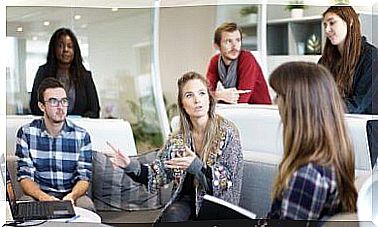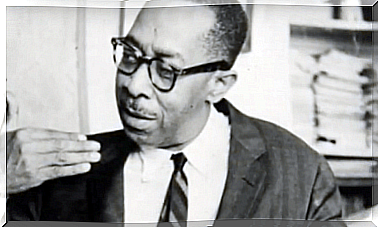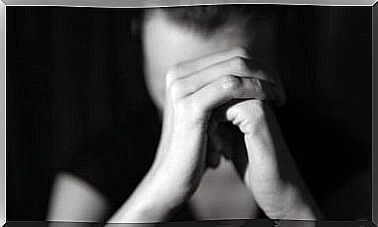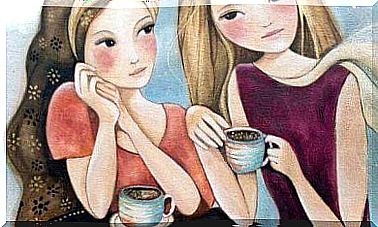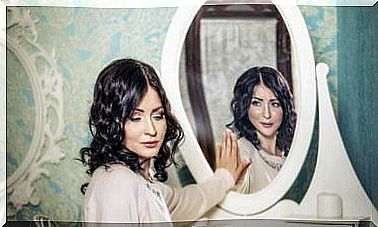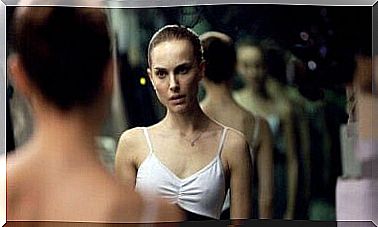Social Dramaturgy: How We Change Masks To Interact
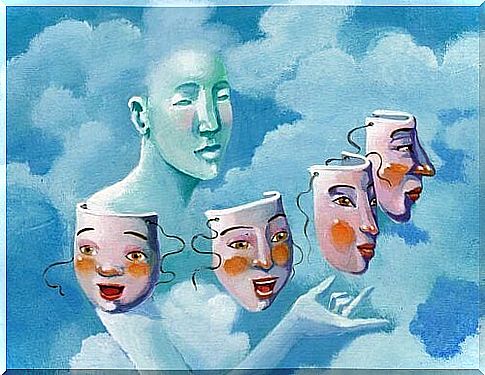
It is possible to analyze our interaction with others as if it were a play, as if social life were a succession of masquerades. We call social dramaturgy the microsociological approach centered on the study of what it has to do with human behavior and the rules that control our daily interactions.
“Life is a theatrical performance.” Socrates argued, in the dialogue Le Banquet , that the theatrical genre – comedy or tragedy – was closest to real life (he was betting on tragedy). However, the preceding sentence is not his and his argument does not follow the same path: its author is Erving Goffman, creator of the current of symbolic interactionism, who maintains that in every social interaction we engage in, we try (consciously or unconsciously) to project a concrete image of ourselves, manipulating the way others perceive us.
For Goffman, our personality is not an internal phenomenon, but the sum of the different “masks” that we wear throughout our lives : a social dramaturgy.
Explain social dramaturgy
The main objective of theatrical and social actors is to maintain congruence in their interaction with those around them. To convey a positive impression, we must have dramatic (social) skills and the necessary costumes and props. But all this is irrelevant if the actors present on stage do not manage to agree on the “definition of the situation”, on the expectations and the limits of the interpretation which implicitly tell us how to fit in. within a certain framework (social environment).
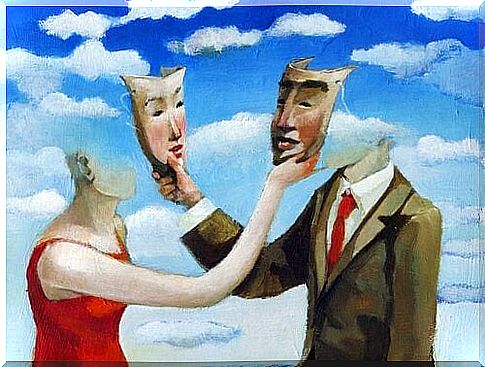
Getting around in this social dramaturgy – that is, knowing how to move between the stage (the moments when we project an image for others) and behind the scenes (our private life, which is sometimes also a mask that we we put in front of ourselves), as well as the ease of moving from one place to another, and having an appropriate wardrobe at all times – are essential conditions for social success: during the show, the one who does not know how to act is a danger to the actors and ends up being left out.
And, as we act, our comments and expressions of surprise, approval, irony or displeasure shape the opinion that others have of us : we are aware of it and therefore we manage our speech, we weigh our actions and monitor our reactions. We all act, at all times, and we define our roles according to the environment in which we operate, seeking to integrate ourselves into it.
This adaptation to the role, this definition in front of others, is something that is done at every moment, at every interaction. Like the actors of a series, we can start the pilot episode (a job, a relationship, our freshman year in college) with a character who is not clear, or at least open to a change of approach once. that we hear the public reaction. From then on, we dedicate our lives to adapting to the character, at least until they suspend this series and we have to throw away that mask (we get fired from a job, we get a divorce, we get a diploma, etc. .).
Image, concealment and morality
For Goffman, in this social dramaturgy, we try to present an idealized image every time we act, for the simple reason that we are convinced that it can be beneficial to hide parts of ourselves:
- We hide the process of preparing our role. Like the teacher who, after having prepared a lesson for hours, recites it pretending to know it all his life, we prefer to offer others only the “end result” of our performance. No more projecting false plans or repeating the scenario several times until it is memorized; it all happens behind the scenes.
- We hid the dirty work done to get the part. Our character is perhaps incompatible with all that we have done to “do honor” to the producers who gave it to us. Think of a politician who becomes a candidate who sells honesty… after making his way to the top of the island.
- We hide what would prevent us from continuing to act. We remain silent about our affronts and avoid reacting to humiliations that can affect the image we have chosen to offer.
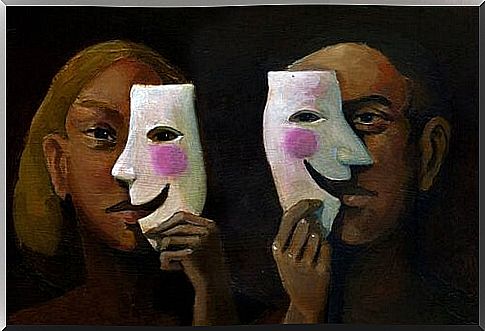
As Ervin Goffman himself put it: “As actors, individuals are anxious to maintain the impression that they follow many rules which can be applied to them in judging them, but an individual, as a actor, is not concerned with the moral problem of complying with these rules, but with the amoral problem of making a convincing impression that he respects them. Our activity is mainly based on morality but, despite this reality, as actors, we have no interest in it. As actors, we are merchants of Morality ”. What do you think ?

